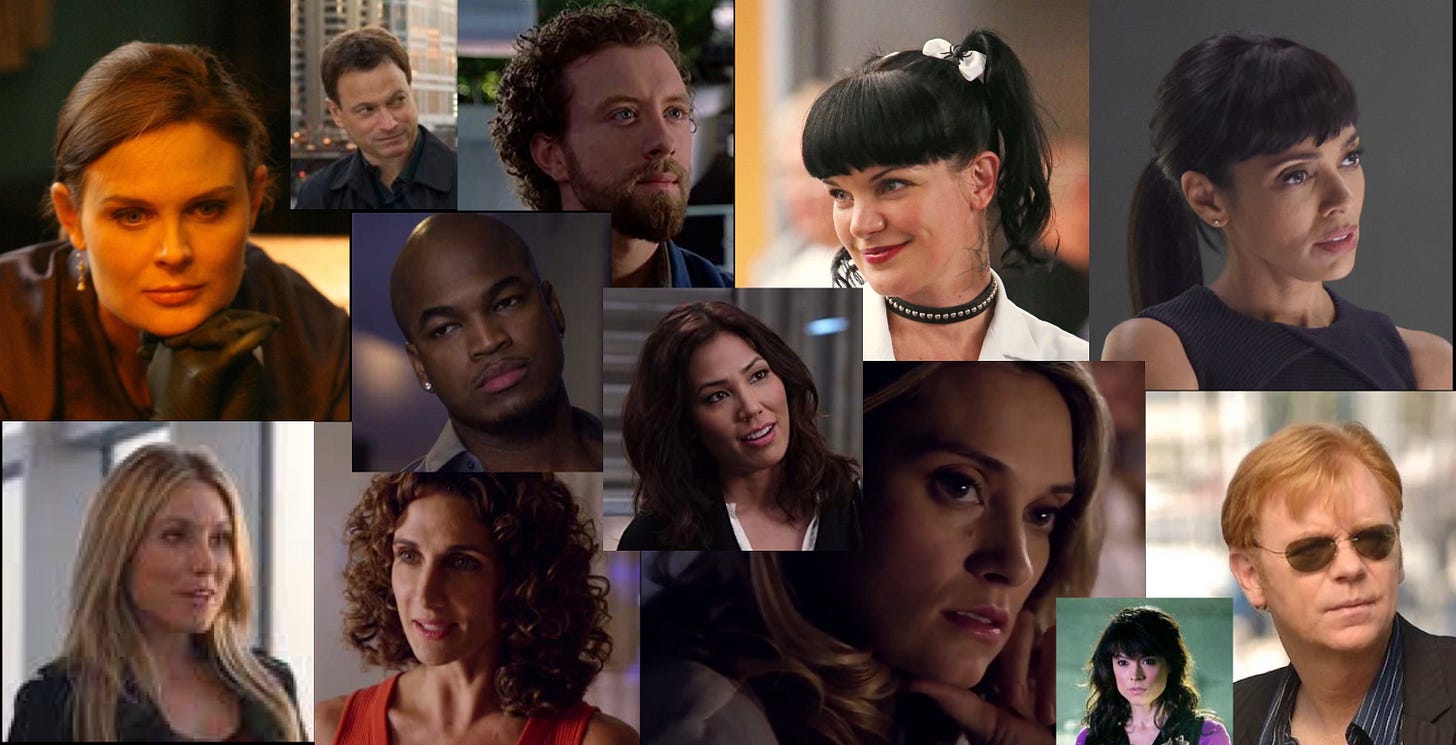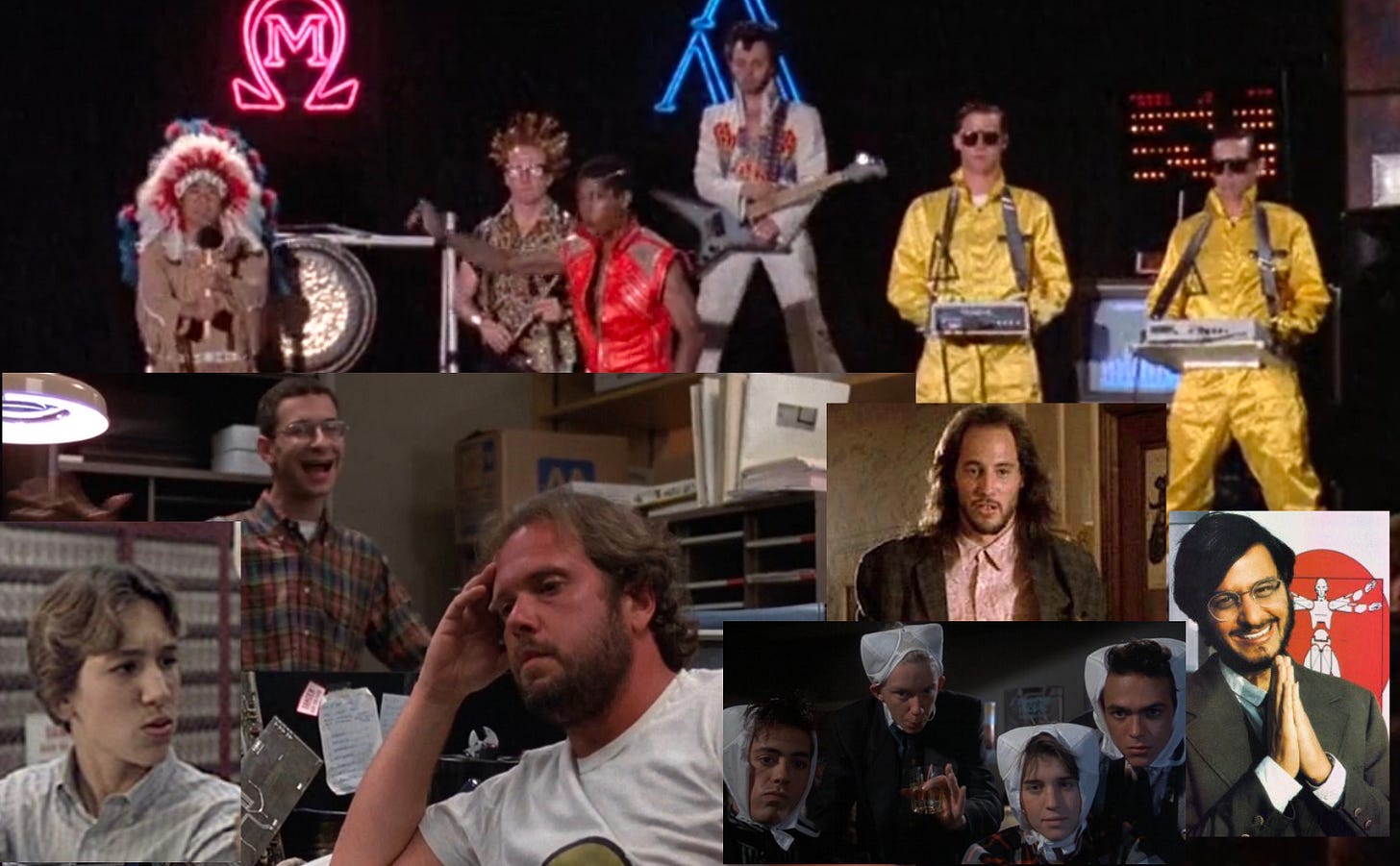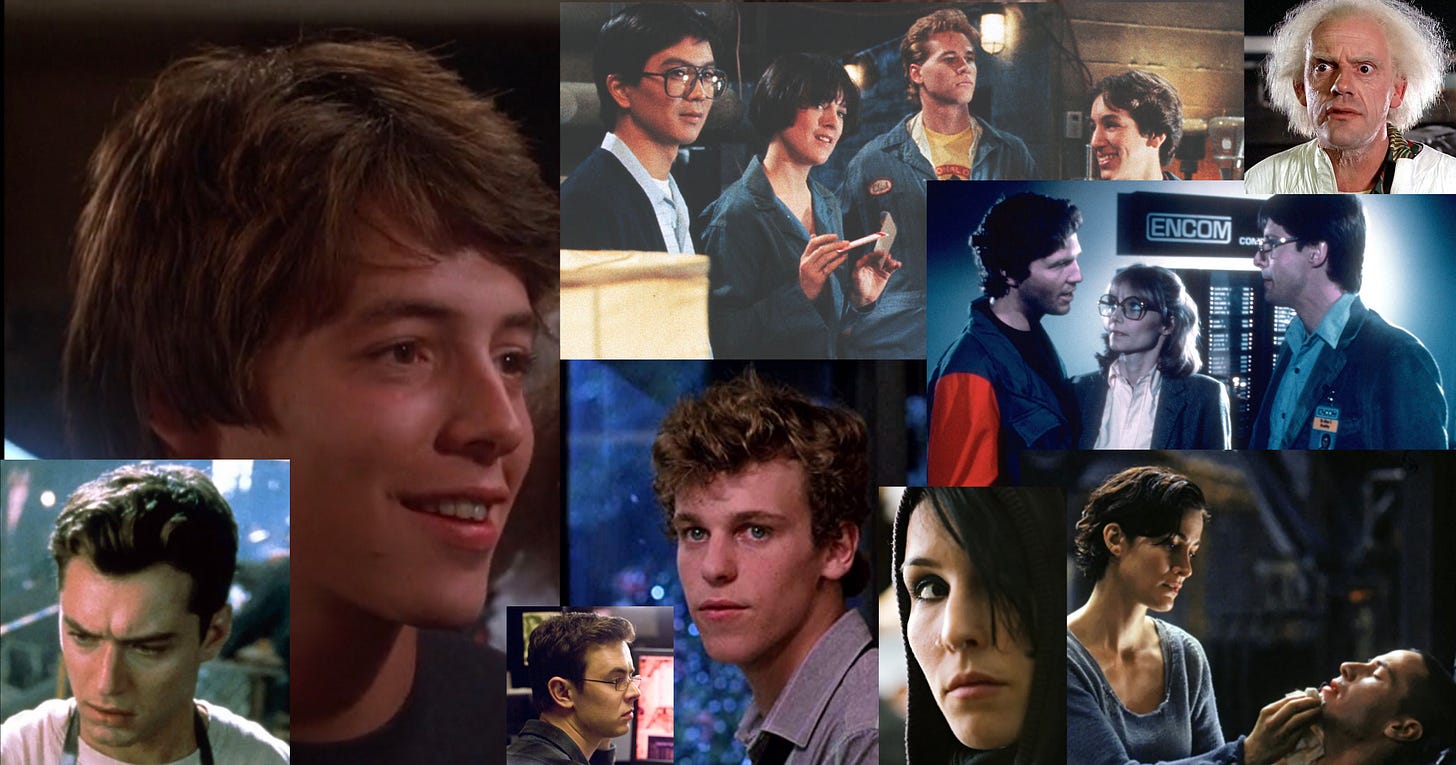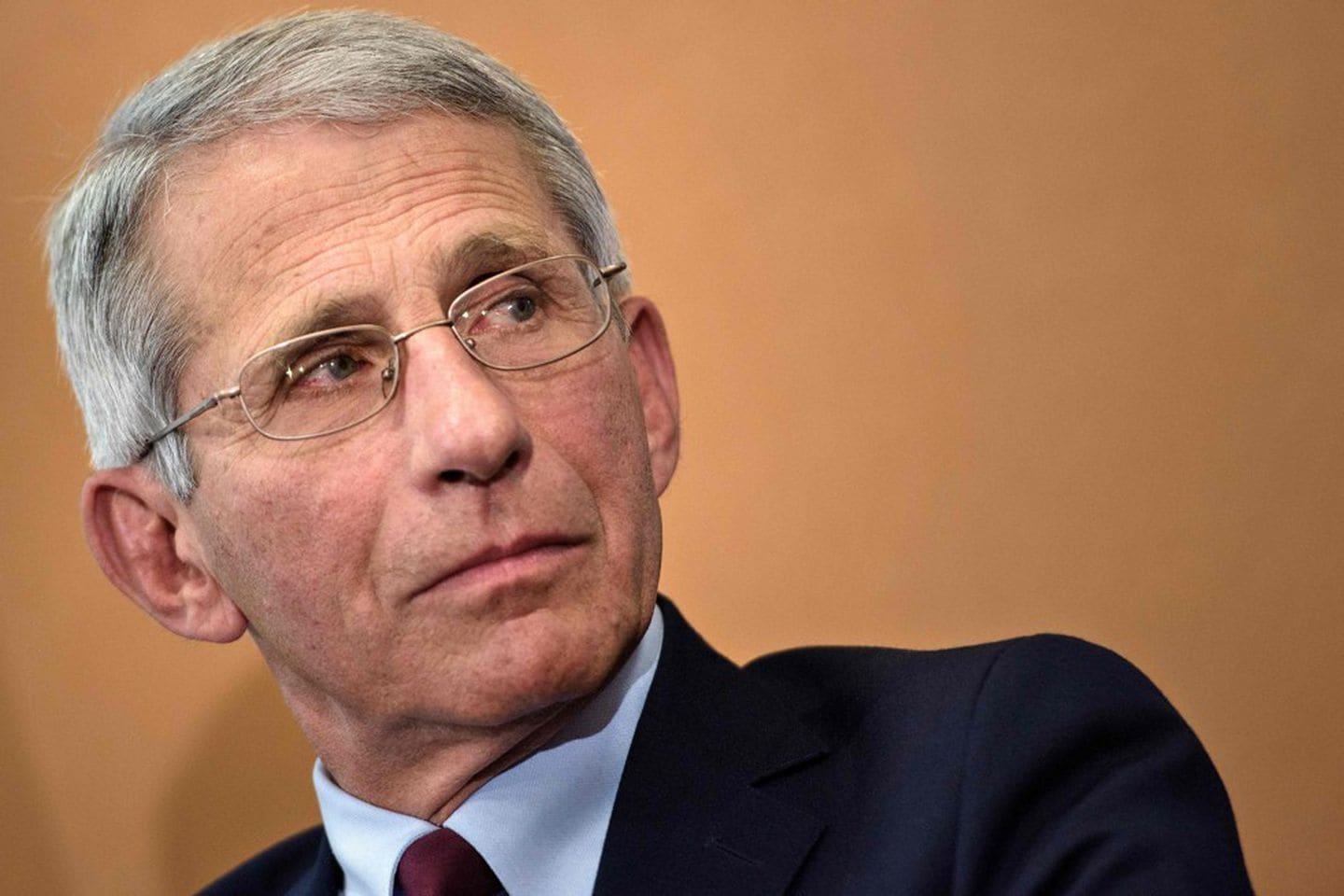Ah, "Science!" Used to be the realm of nerds, dweebs, dorks, geeks, toads (a favorite from my college days - both noun and verb), and so forth. Skinny and pimple-faced, or slovenly and unshaven. Living off Mountain Dew. Stereotypes, obviously, but I went to school with many of those "stereotypes."
Somewhere along the way, "Science!" became cool. I suspect the tech revolution had something to do with it, moving computers, and later smart phones and other such devices, into the mainstream and in everyone's homes and pockets. People got tech-savvier, information became much more accessible, and educating ourselves became much easier. Knowledge of science, up to a certain level, became more mainstream. Not long thereafter, Hollywood saw opportunity, and the "Science!" types started looking less fringe. At first, it was just "normal," as opposed to nerdy, but the science-y types got ever more attractive.
Then, the Reese's moment happened.
Police procedurals, long a mainstay of network television, got some "Science" mashed into them. Dick Wolf, the mastermind behind the Law and Order shows, started giving us more forensics and expert types, and things mushroomed from there. CSI , Bones, Criminal Minds, NCIS, and other fictional forensic series dominated the networks, racked up monster ratings... and gave millions of Americans an extremely distorted sense of what forensic science could accomplish. And the nerds in those and other shows suddenly got pretty. Some quirky, deliberately so, but telegenic trumped the old stereotypes.
The CSI effect has impacted criminal prosecution, with both sides of the system adjusting for jurors' altered expectations (it's theorized that they expect, and give weight to, forensic evidence more than other evidence).
This came to mind as I read Radley Balko's recent Substack newsletter about bite mark analysis. The TL;DR: Bite mark analysis has been debunked, but prosecutors continue to use it despite a couple dozen people convicted with it being exonerated, because jurors now want more “Science!”
"Science!," even when it's wrong, thin-gruel, or politically corrupted, still sparkles many eyes, and the self-serving are all too happy to leverage it to their own ends, real science be damned. When uncertainty is high, we are not unwise in caution and "worst-case" planning (see: early days of COVID and early days of AGW research, to name just two). But, as knowledge matures, and/or when what was once asserted gets disproved, those proclaiming themselves as the gatekeepers and high-priests of "Science!" must also adjust their auguries.
They rarely do. With "Science!" on everyone's lips, they are now the queen bees, the leaders of the cool kids' table, the Regina Georges of the lunch room. We get Anthony Fauci's condescending smirks, sneers, and "I'm the expert" haughtiness in response to challenges to his forever-COVID narrative.
It should go without saying that we should look to science more than "Science!," that science is about questioning more than 'trusting,' and that appeal-to-authority should not supersede 'show me the proof.' This doesn't mean that we should be skeptical of what science tells us. That's just as bad as blindly accepting some political hack's machinations. It simply means we should focus on what is said, rather than who said it.
As for the pretty people doing miracle "Science!" on TV? We all know it's fictional entertainment, intended to draw eyeballs and increase studio revenues. TV and movies rarely get science right, or even close to right. Real doctors don't watch medical shows, real detectives don't watch procedurals, real lawyers don't watch court shows, and real retired rocket engineers rarely watch space travel movies without yelling at the screen.
Fame is addictive, and more than one scientist has conflated science with partisan advocacy as a result. Fauci and Neil DeGrasse Tyson are two of many who let their political leanings or affiliations influence their messaging and advice. Experts in one field often fool themselves into thinking their opinions on other matters carry extra weight. Yes, we need experts. Division of labor has been recognized since the dawn of civilization, and Leonard Read brilliantly illustrated that there isn't a person alive who can make a pencil. But, when we allow credentialism to supersede critical thought, we leave ourselves open to misdirection and other deceits.
Getting to the best degree of truth and fact must be our goal. There are too many people out there who've no problem mucking truth and fact up, or even ignoring inconvenient ones, to advance themselves and their agendas. It's a disgrace that some prosecutors will still use bite mark analysis to try and convict people, when the latest science refutes their utility. It's an even bigger disgrace that public servants lie to us in order to get behaviors or outcomes that suit them.
The "cool kids' table" was only cool for them and for those who idolized them. We shouldn't want to in either of those groups.
Thank you for reading! If you enjoy The Roots of Liberty, please subscribe (if you have already, thank you!), and please recommend the blog to your friends. Social media has proven wholly unreliable in sharing my posts, subscribing is mightier than the shadow-banners, and subscriptions motivate my productivity.
If you really like The Roots of Liberty and want to help keep it rolling, please consider becoming a paying subscriber here at Substack, or at a lighter level as contributor to the blog via Patreon. I’ve started offering an expanded serialization of my short book, “End the War On Drugs,” every Sunday, for my paid subscribers.
Thank you, again, for your support!
Peter.








The effect of pop culture on public perceptions is key to this shift.
If I had to draw the line, I'd put it around 1990. Those born before 1990 experienced the effects of the pop-culture disdain for "nerds" that was ubiquitous in the 70's and 80's.
90's kids television started depicting science as "cool." The "Science!" character on the team always has some wizardry up his sleeve to solve whatever problem is at hand. Depicting STEM as saving the day vs. getting you a swirly from the "Cool Kids" had a drastic impact. As the kids raised on 90s cartoons grew up, this spread into adult TV in the ways you note here.
What, no mention of Bill Nye?